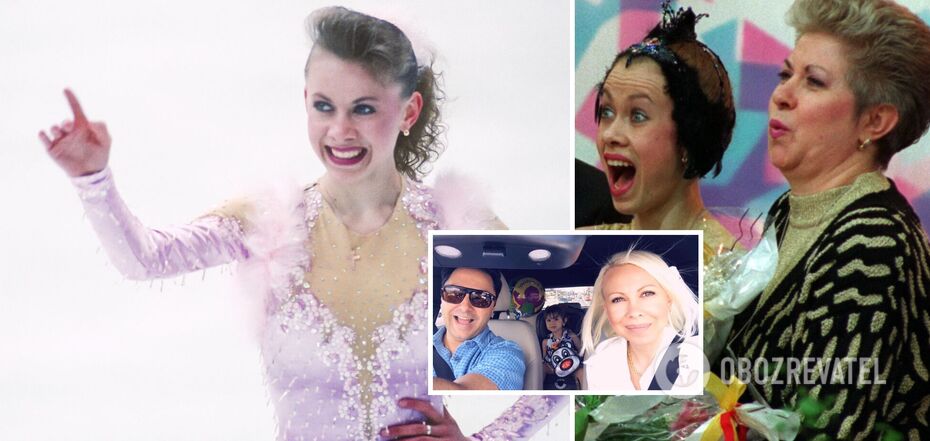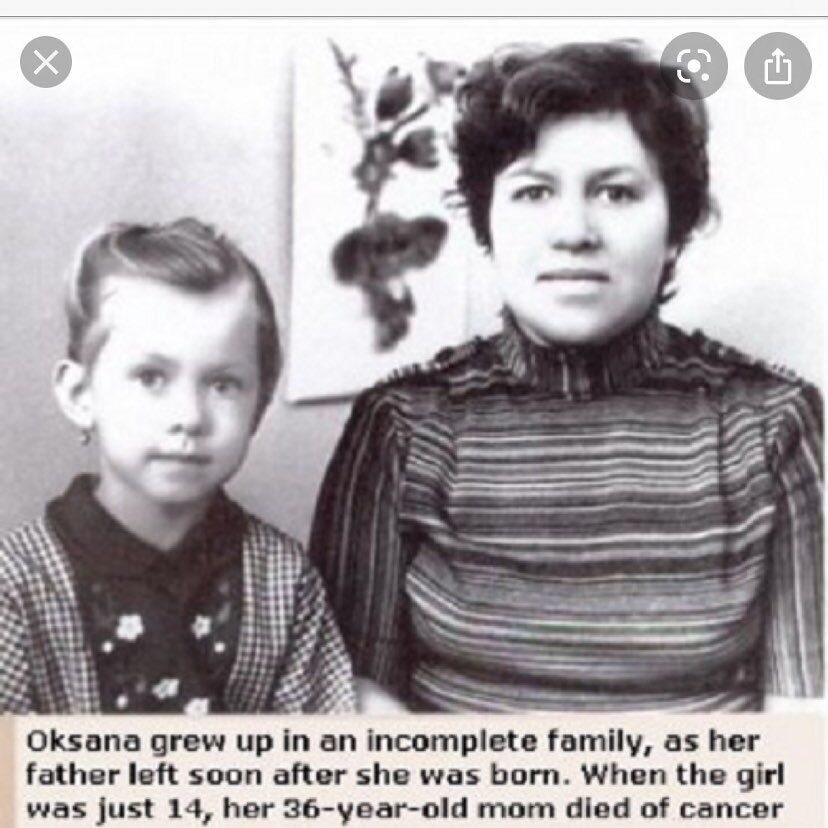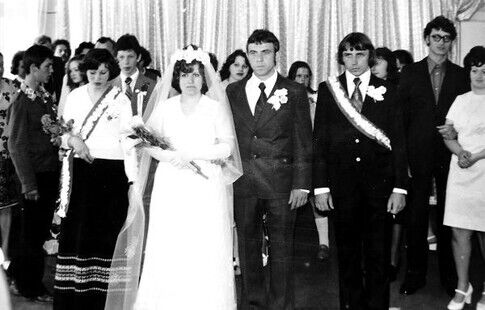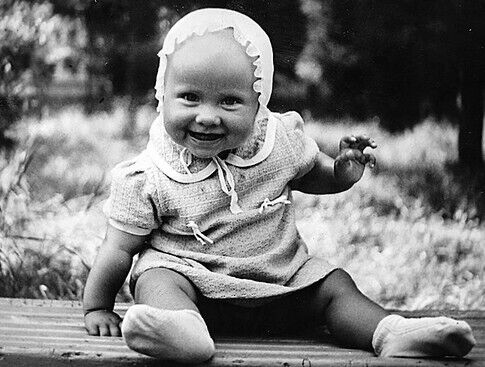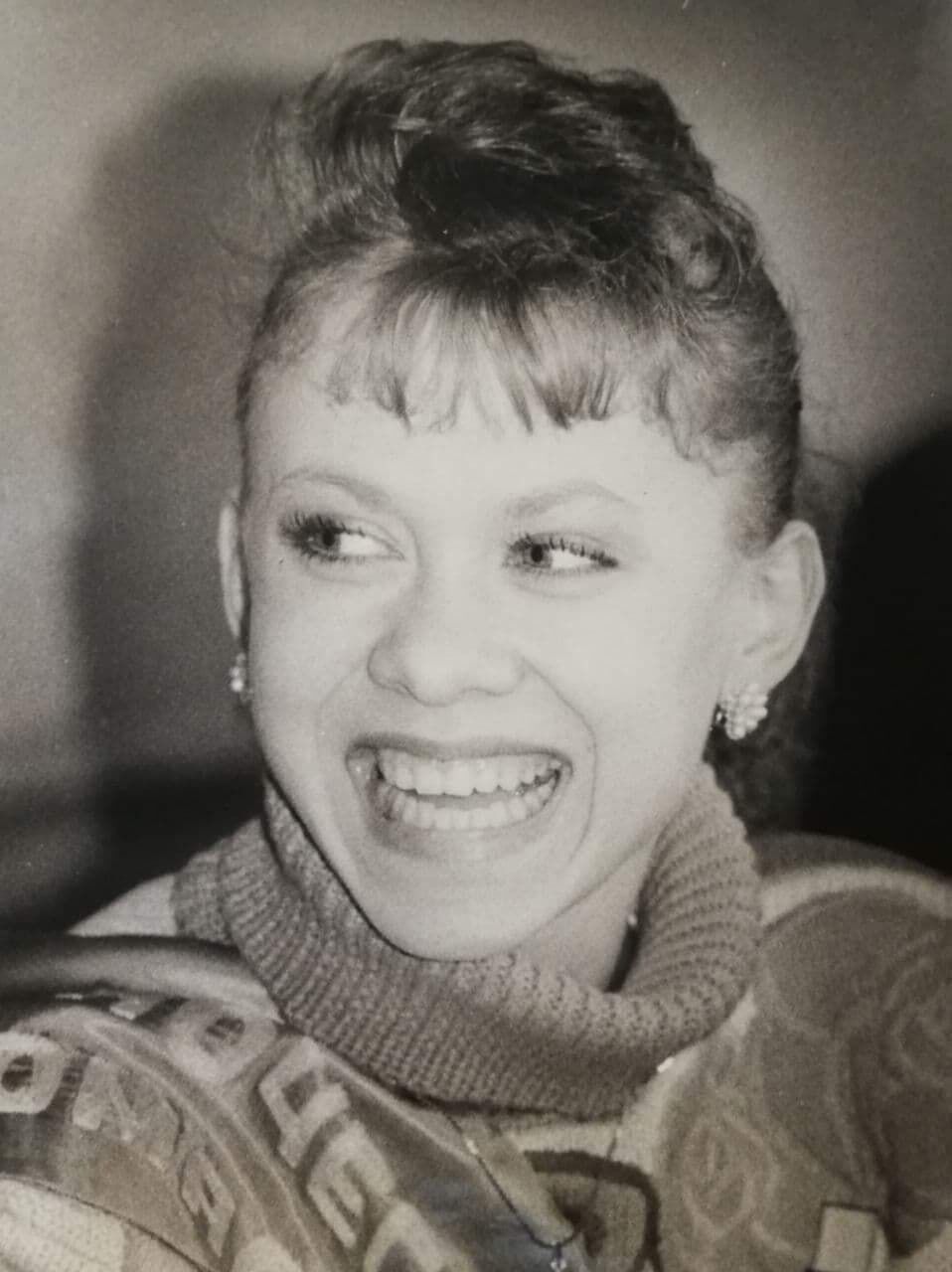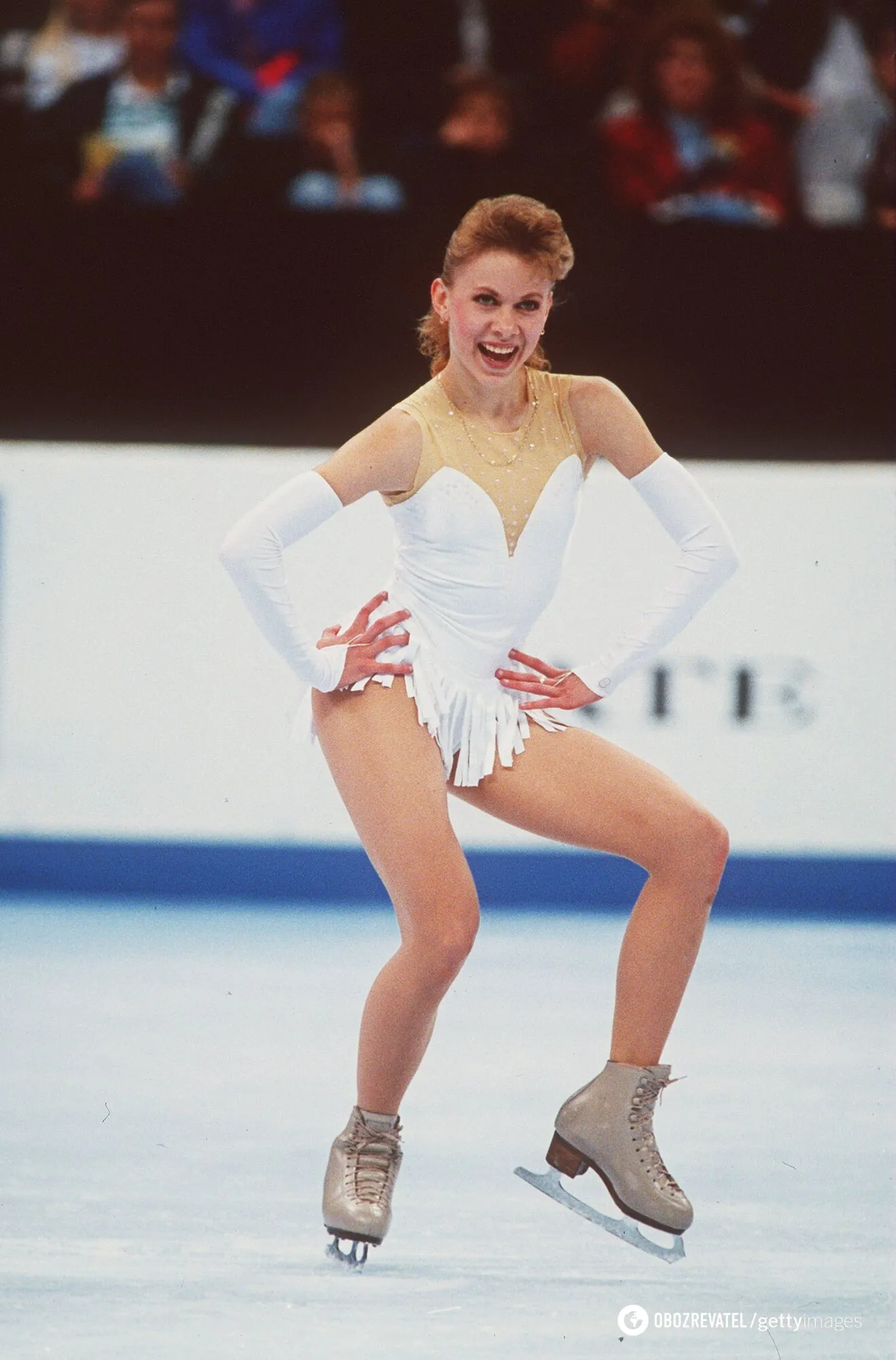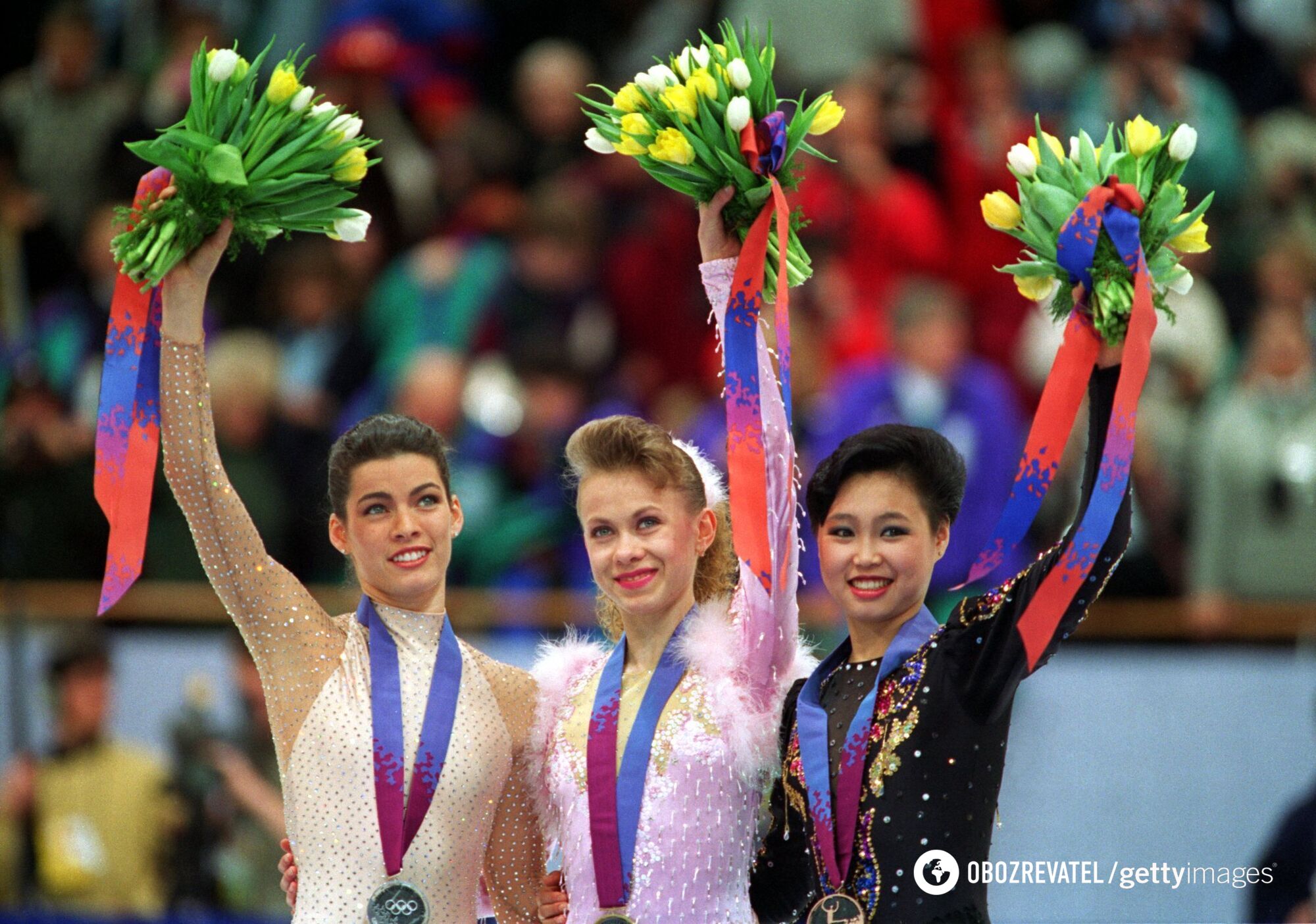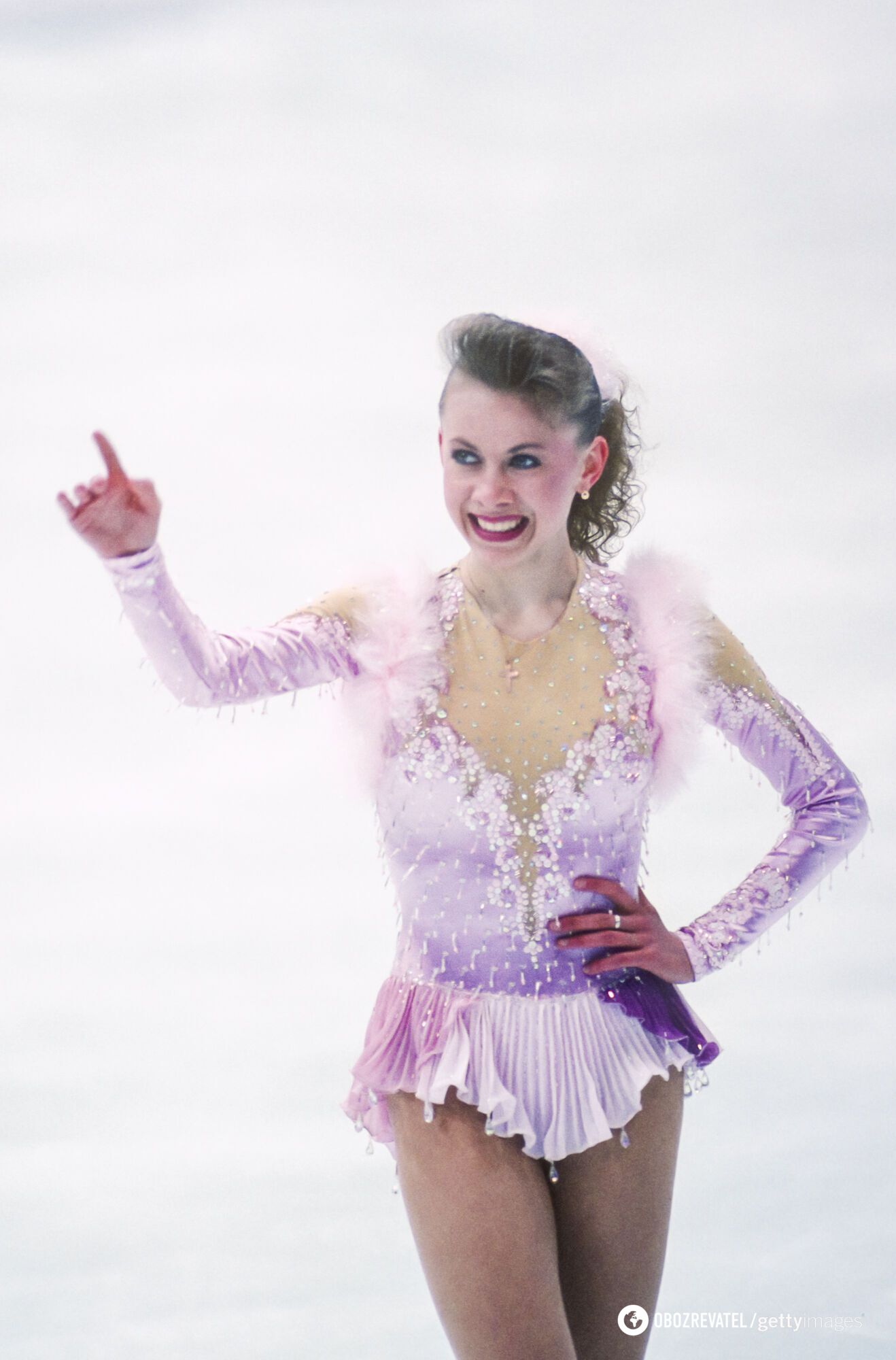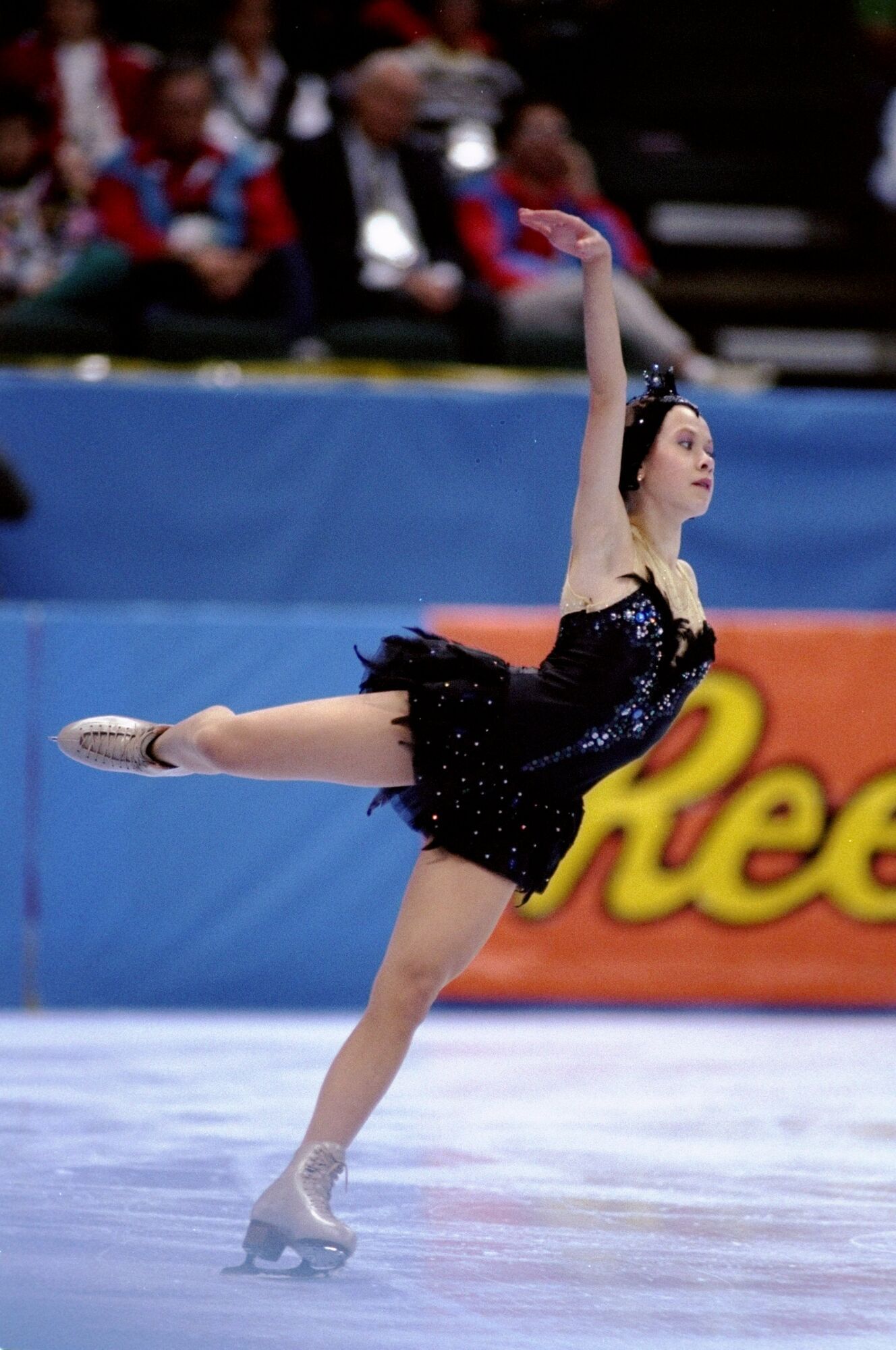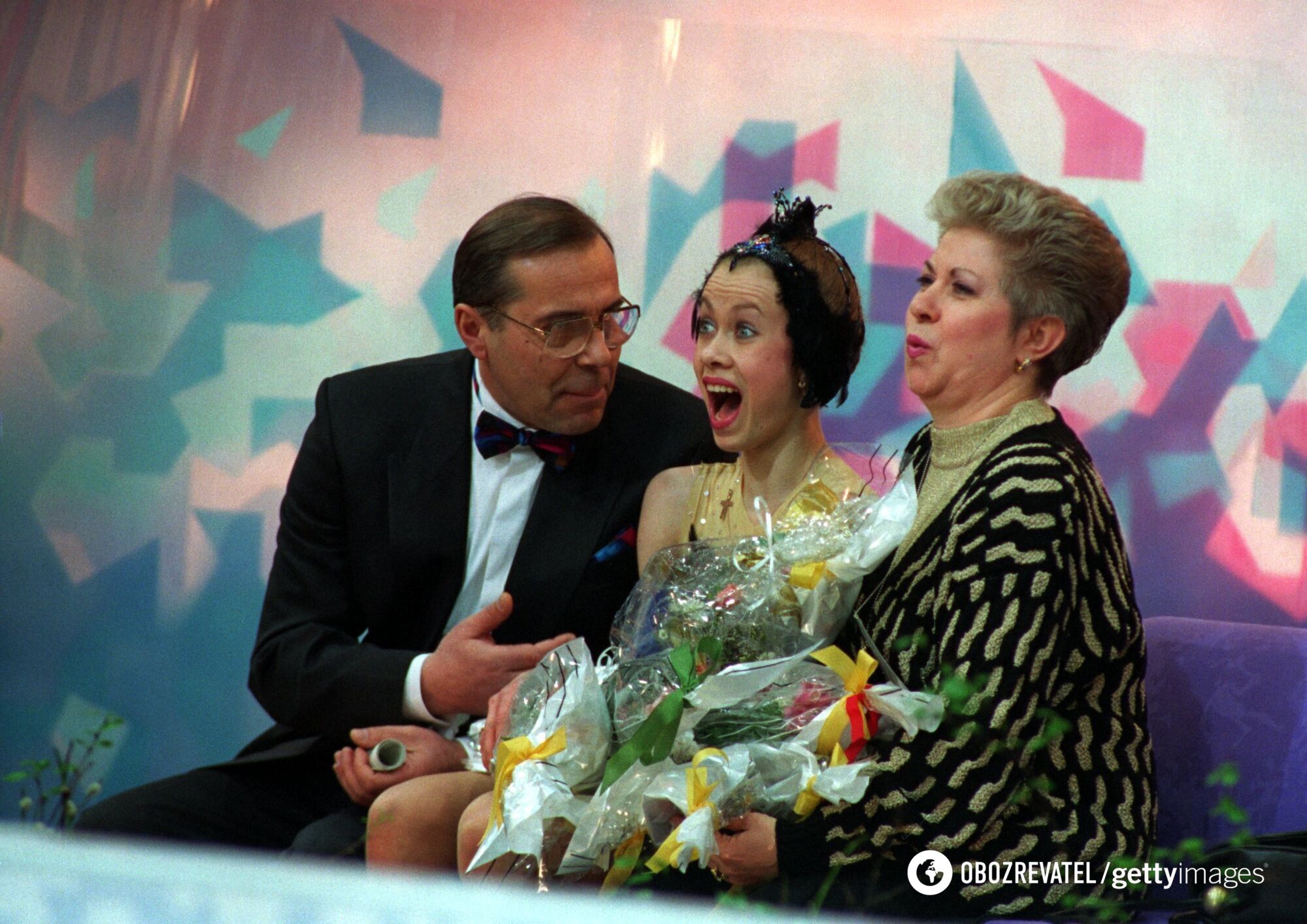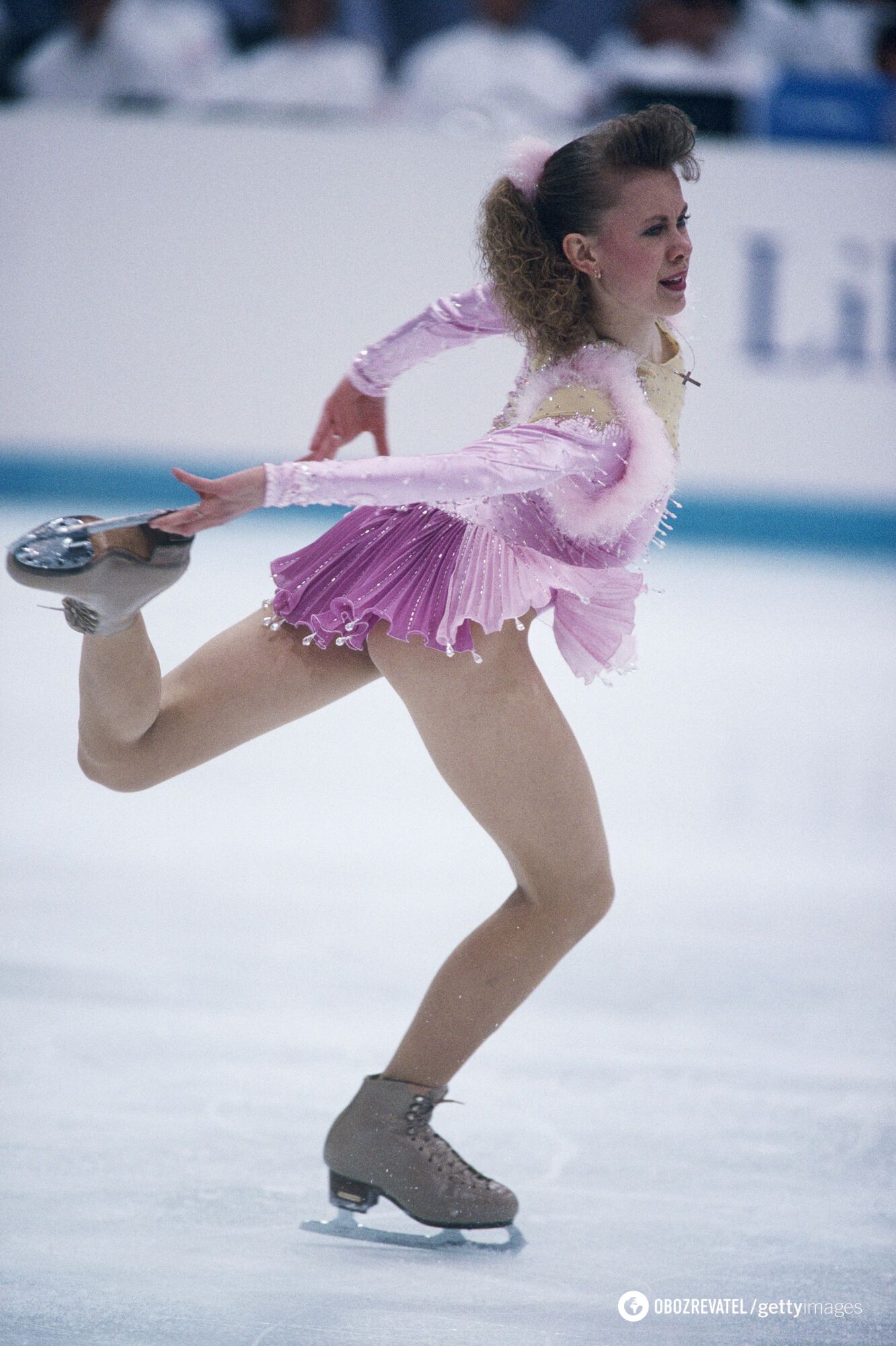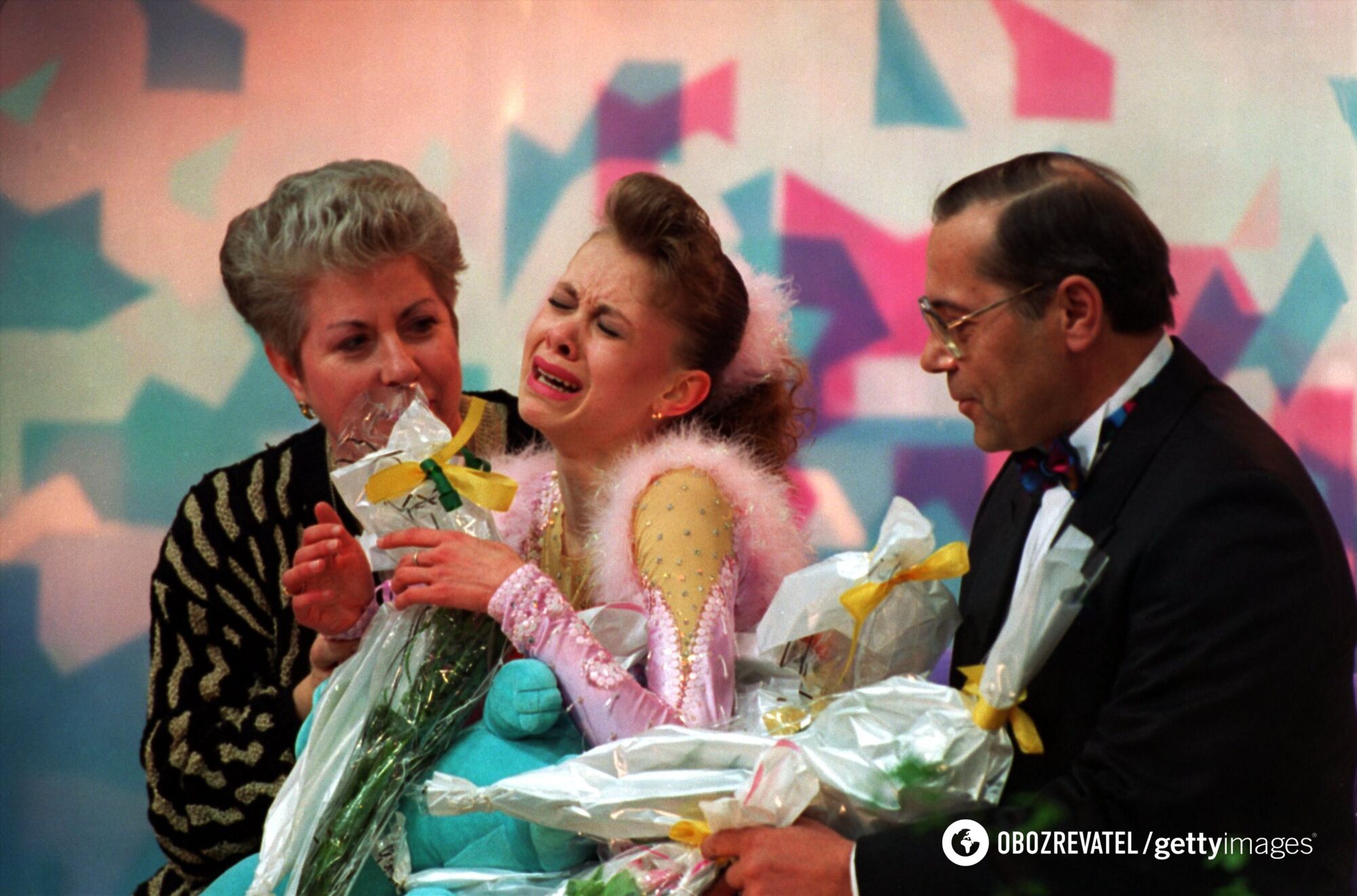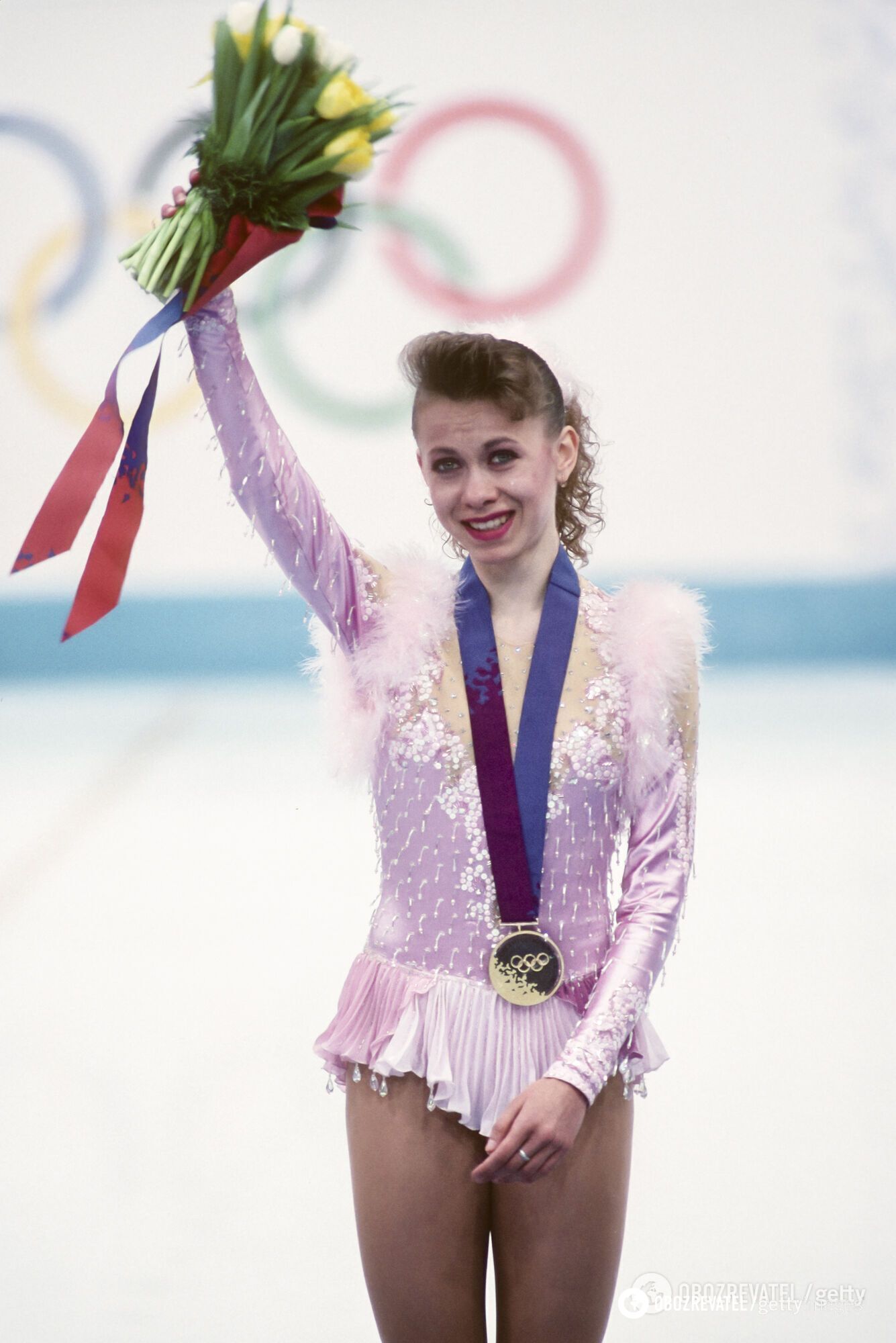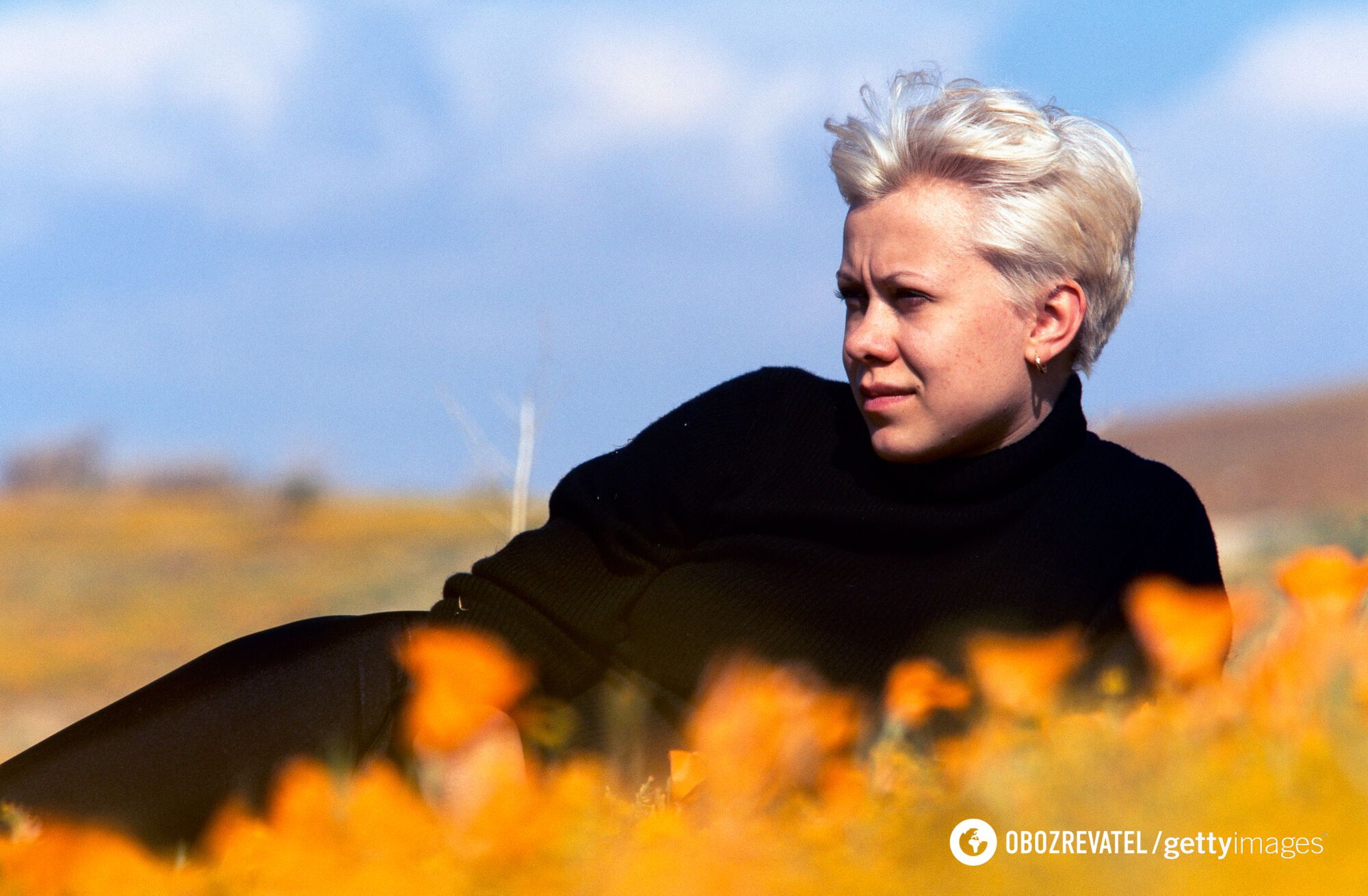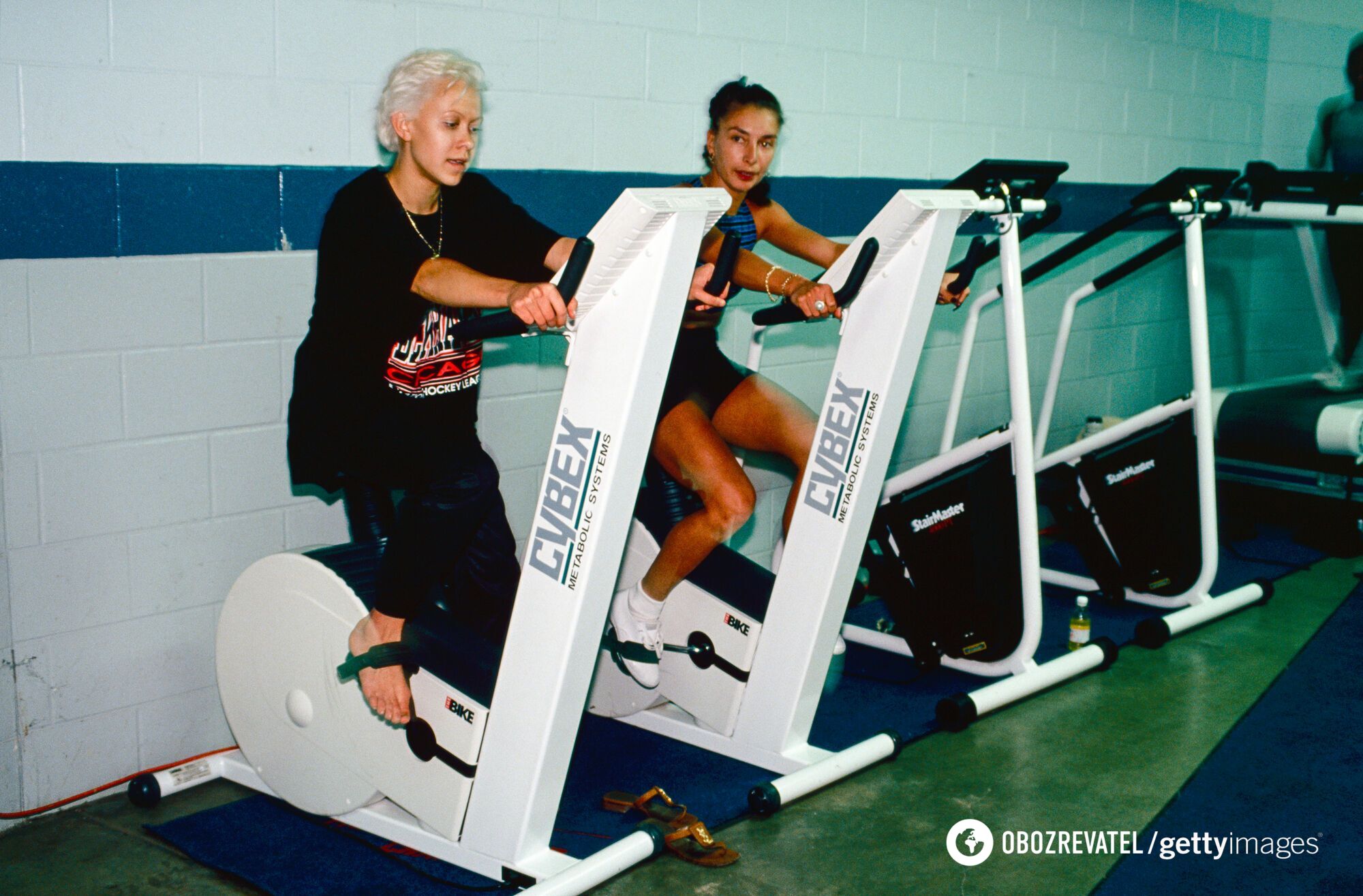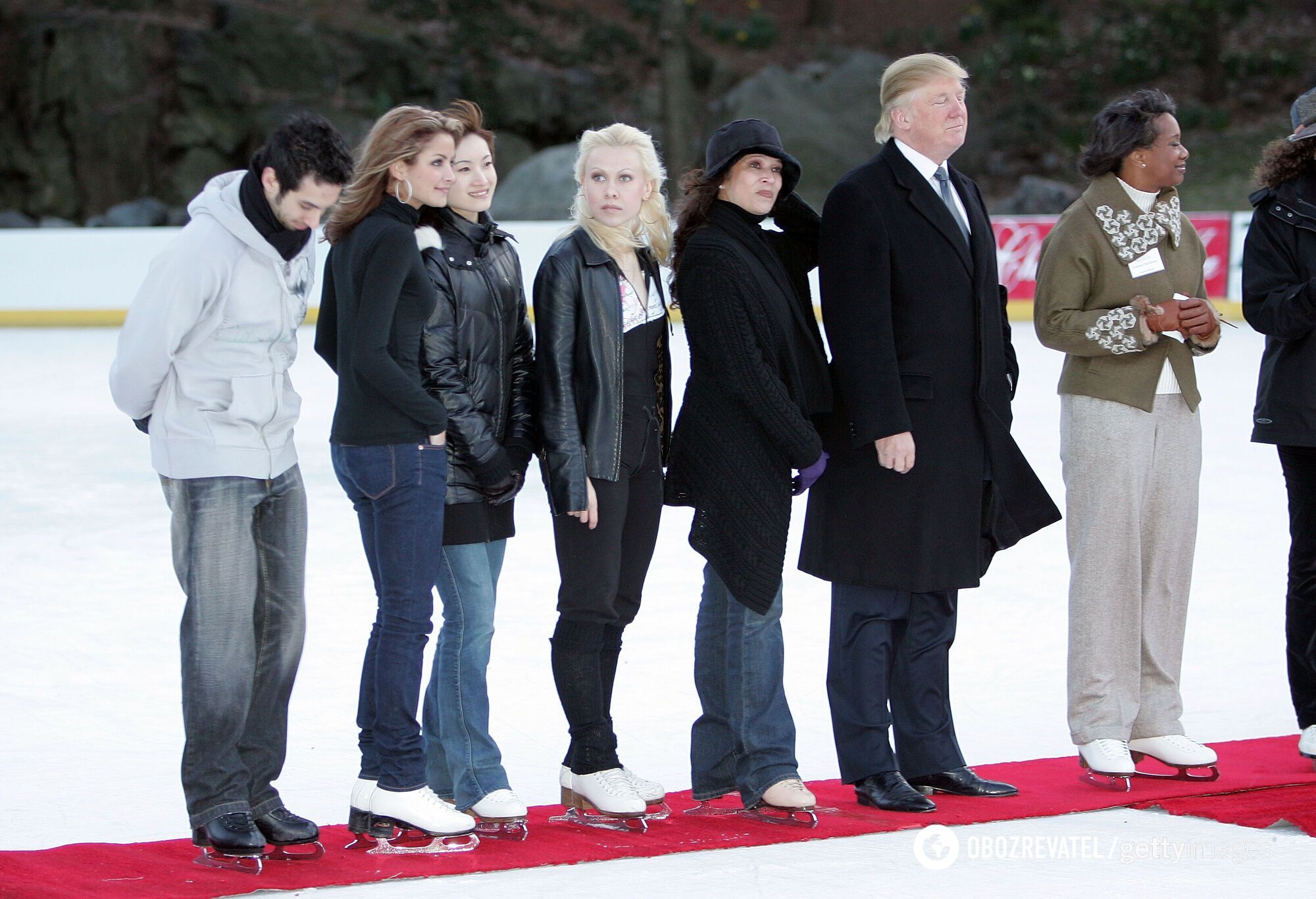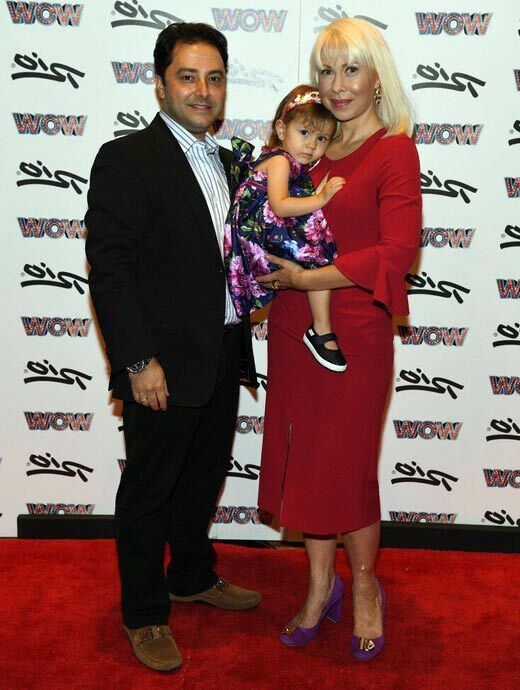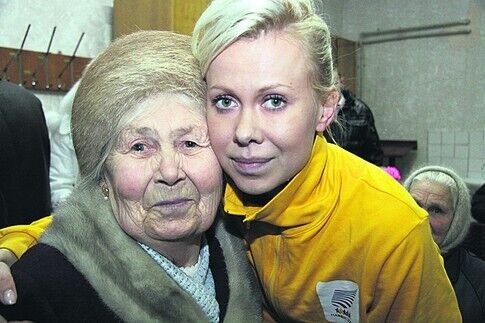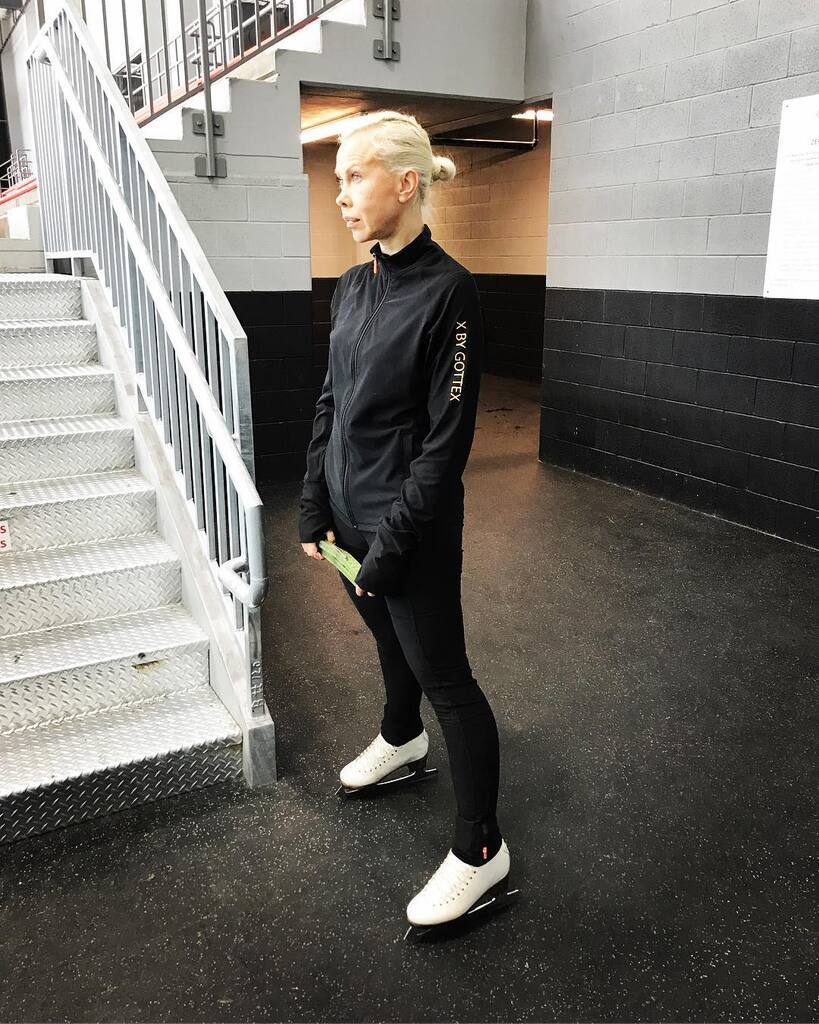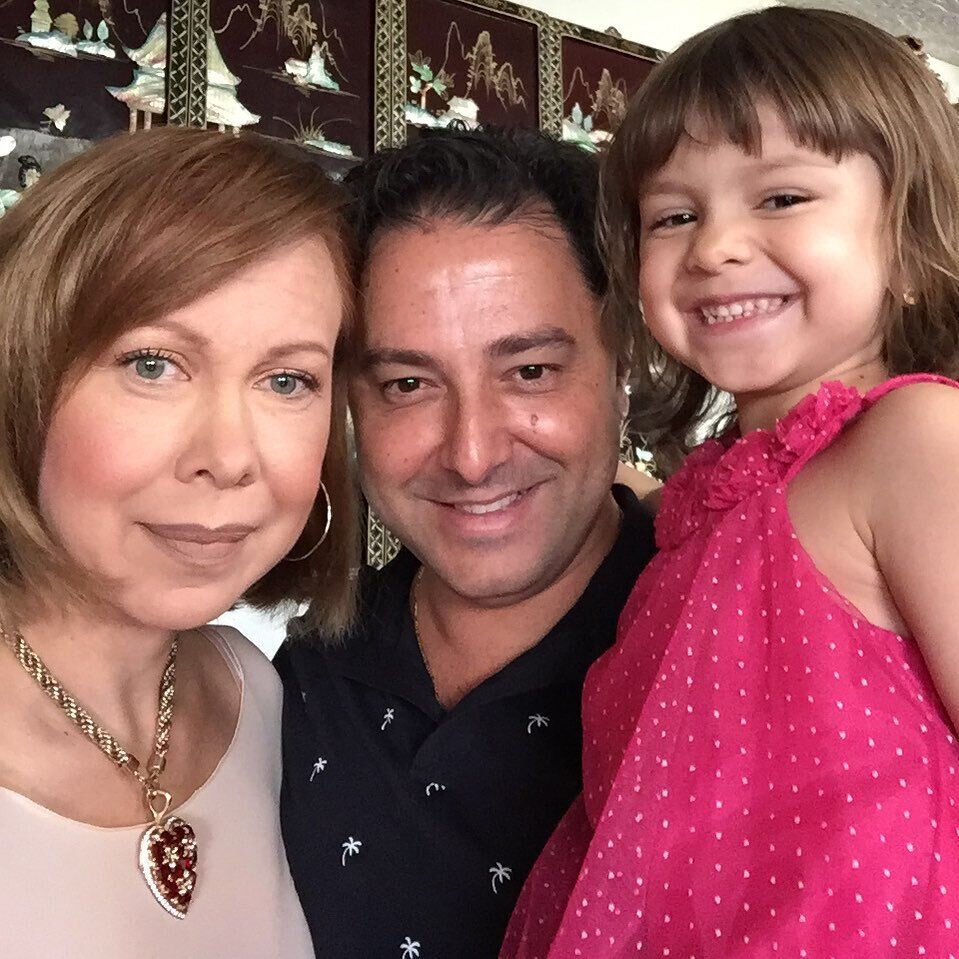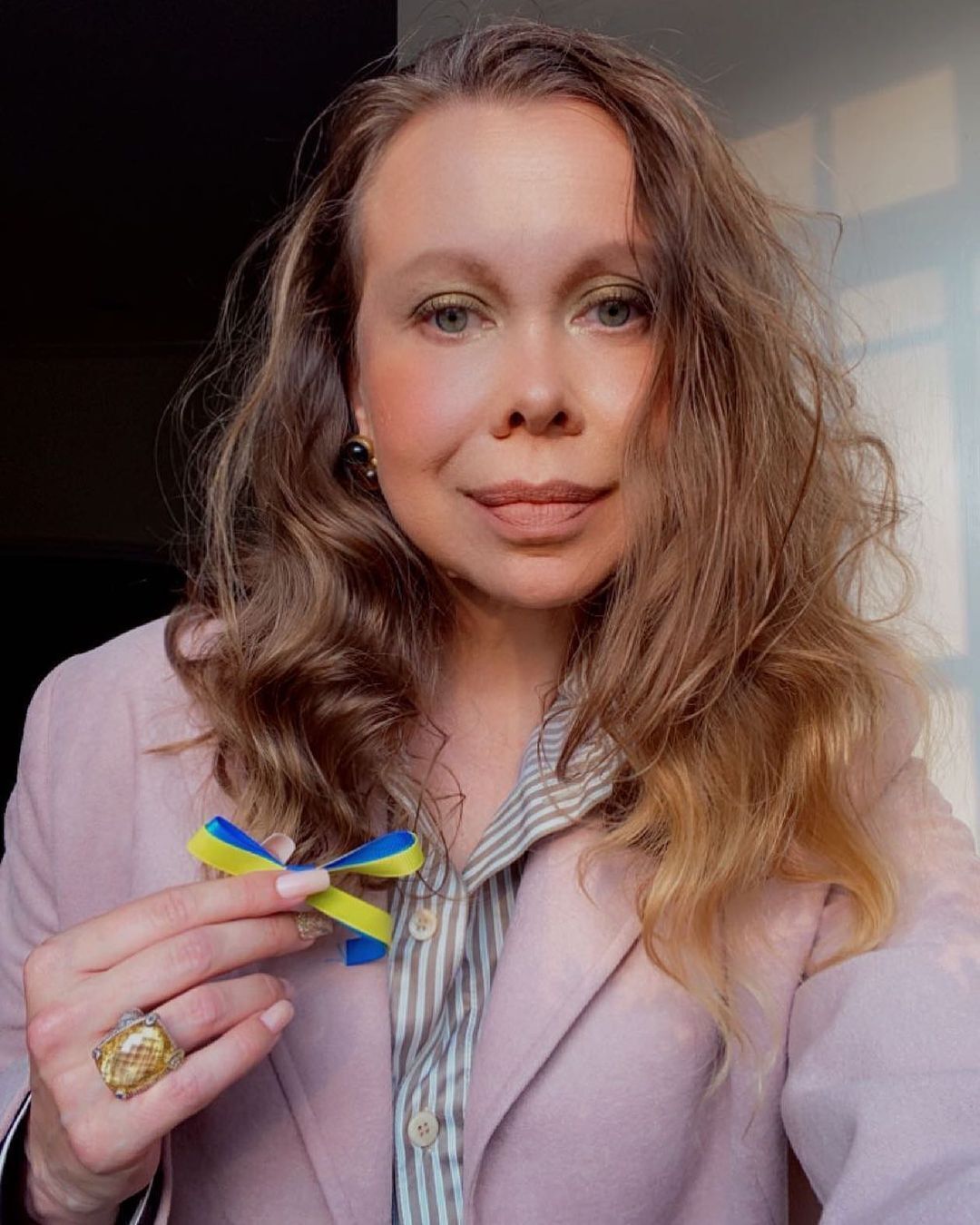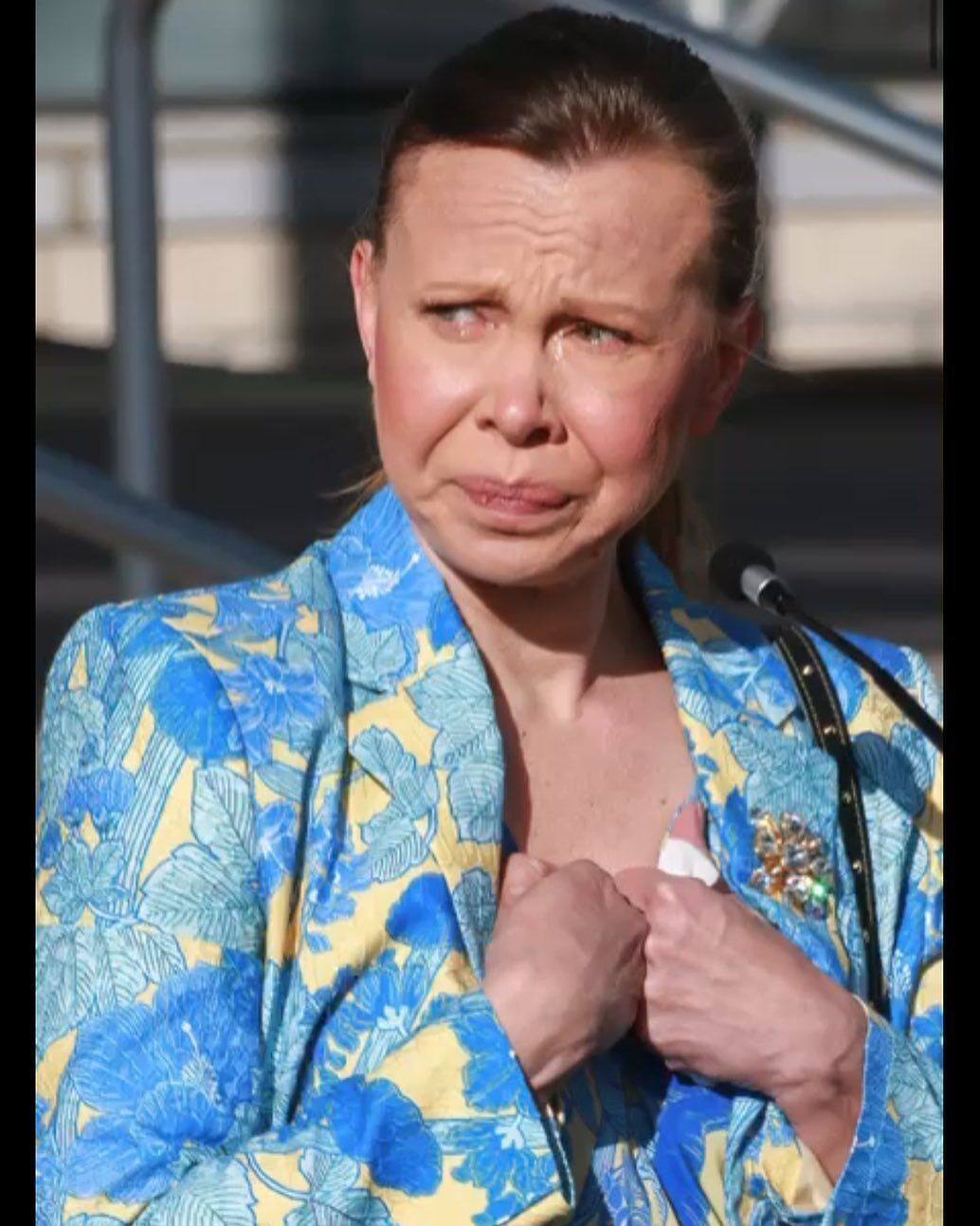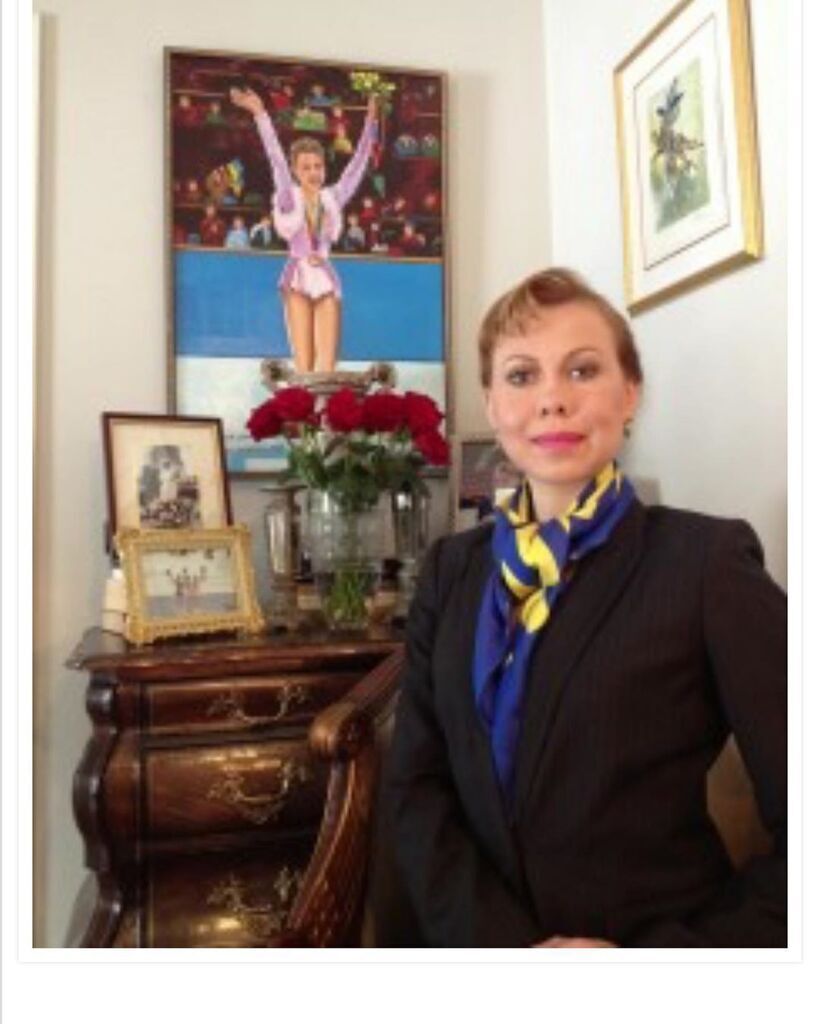Sport
They offered the Russian anthem instead of the Ukrainian one: how a 16-year-old orphan from Dnipro won her first Olympic gold medal and became a star in the United States
30 years ago, 16-year-old figure skater Oksana Bayul woke up as a world star, having won the 1994 Olympics in Lillehammer the day before and the first gold medal of the Games for the independent Ukrainian national team. Skating with an injury and on painkillers, the fragile but determined girl from Dnipro impressed the judges, and the organizers, who had not expected such a denouement, searched for more than 40 minutes for "Yevrosha ne vmerla," suggesting instead that the USSR or even Russia's anthem be played.
None of Bayul's family was involved in professional sports, as the athlete herself noted, "an ordinary working family." When Oksana was still a toddler, her mother divorced the girl's father and raised her on her own on the salary of a French teacher. When she was young, she took up dancing and dreamed of her daughter's career as a ballerina.
"But I was four years old when my grandmother told me that I was too fat to go to ballet school and gave me skates instead," Oksana recalls. That's why the future champion spent most of her childhood not at home but at her native Meteor skating rink in Dnipro. Although, because she was overweight, Bayul was initially enrolled in the "Health" group.
A year after failing to run 30 meters in the qualifiers, the girl learned to jump very high. Even though it was very painful to fall. She skated across the ice very quickly, trying not to miss classes: "I remember running out to practice, and if I didn't have time to jump on a bus or tram, I would run after it all the way because I was scolded for being late."
But then the girl had to grow up very quickly when she lost her mother to cancer at the age of 13, and a month later her grandmother died. "You know, the biggest drama in my life happened when I lost my family at a very young age. My mother died two years before the collapse of the Soviet Union," Oksana recalled.
The girl's stepfather remained, and the talented orphan was taken under the care of her first coach, Stas Korotek. And when the USSR collapsed and Bayul's mentor left to work in Canada, Oksana and three other athletes were transferred from Dnipro to Odesa: "There we were put up in a dormitory, in rooms above the Kryzhynka ice rink.
In Odesa, Oksana met Valentyn Mykolaiev, who taught her how to triple jump and with whom she began her professional career, as she herself admitted. Galyna Zmiivska also became Bayul's mentor there, and she would later bring her talent to the United States.
In her interviews, Bayul did not hide the fact that she has a difficult personality and recalled how at the European Championships, Mykolaiv asked her before the free program: "You don't know how to do the fifth triple, don't jump it." And she disobeyed him and fell off it, becoming the second best on the continent. But the 1993 World Championships went smoothly after that: "We were already skating like kings. And then came the Olympics."
Despite her world title, Oksana was not a favorite in Lillehammer 1994, where both the press and most fans expected the American favorite Nancy Kerrigan, who had suffered a seizure a month and a half before the Games, to win. The fact is that Nancy's competitor Tonya Harding was very afraid of not being selected for the national team, so during the US championships, her ex-husband and bodyguard persuaded their friend Shane Stant to break Kerrigan's leg.
However, the attacker only injured the skater's leg with a telescopic pole, and Nancy recovered and arrived in Norway as a favorite with new sponsorship agreements and million-dollar contracts for future performances. Bayul, on the other hand, was not even able to attend the opening ceremony of the Olympics because she did not have warm pants.
"We were provided with equipment by Adidas, but when the uniform came to me, it was too big and there were no gloves or warm pants. Zmiivska did not let me go to the opening of the Olympics. She said: "Oksana, I'm sorry. You don't have warm pants, and it's very cold out there, and we have to wait for you to go out and do a lap around the stadium. You'll just freeze to death. And if you get sick, all the work we've done over the past three and a half years will go down the drain," Bayul recalled.
The conflict between Harding and Kerrigan was one of the top topics of the Games, so there were always a lot of spectators and media representatives at the ice arena. Everyone wanted to watch at least a piece of this reality show. But this did not bother Oksana, she skated the short program well, but according to the judges, Kerrigan, who performed in costumes by fashion designer Vera Wang, did a better job. The American was leading after the first half of the competition, while the Ukrainian was second.
Unfortunately, between the two performances, Oksana Bayul had an incident that almost cost her the Olympic gold medal. During a training session on the ice, she collided with German Tanya Shevchenko, whose skate cut the Ukrainian's leg: "We were skating backwards and didn't see each other. I fell and was in shock - I didn't know what was happening at all."
"I didn't feel any pain at all, but I looked at my leg and it was bleeding, and I was frantic. Katarina Witt came to me and picked me up under the armpits so I wouldn't be sitting in the middle of the ice. And she took me to the board, to my coaches." When I was approaching them, I had one thought in my head: "Oh, my God, have I really made it, have I really made it, have I really made it?" podrobnosti.ua
It took a while for the skater to stop bleeding, and when they did, the Ukrainian team's coaching staff realized that the Olympics were over for her. But after thinking it over, Oksana decided to compete and informed her coaches in Mykolaiv and Zmiivsk. The doctors had to try to make sure that the pain during the performance was not so obvious.
Bayul's performance in the free skate program at the 1994 Olympics has become a cult story over the past 30 years: the Ukrainian confidently performed all the elements and was about to finish the program with a triple jump when she noticed her coach. Zmiyivska felt that Oksana was still inferior to the American and shouted at her: "You need a combination!"
And with 15 seconds left in the routine, Bayul takes the risk of changing the program, adding a double axel-double casing cascade instead of a single jump. As soon as the Ukrainian completes it, the music stops: "The performance ended, and literally the world stopped. I felt: "I did it, I got over myself, I rolled my best performance." I was really happy then. And then I went to my room and just started crying, because everything I had to go through was so overwhelming."
While Bayul was waiting for her scores, no one could say for sure whether she would beat Kerrigan or not. In the end, four out of nine judges gave the victory to the American, and four more to Oksana. It was all decided by the German judge, former world champion Jan Hoffmann, who gave Bayul the best marks for artistry.
The organizers at the time did not expect Ukraine to win, so no one prepared a recording of our national anthem. It took over 40 minutes to find it. Instead of "Shche ne vmerla," they offered to play the anthem of the USSR or Russia, but the Ukrainian delegation refused. The situation was saved by the team leader, Lyudmyla Mykhailovska, who went to the Olympic Village to get the anthem.
"I honestly didn't realize the importance of what was happening to me at the age of 16," Bayul later admitted, who became a global star in an instant.
In the United States, the new Olympic champion with the Cinderella story immediately began to be offered gigs and contracts with lots of zeroes. And Zmiivska decided to take advantage of this moment to move to the United States with Oksana and her group, led by 1992 Olympic champion Viktor Petrenko. Although Mykolayiv asked her to leave Bayul in the amateur ranks for one more Olympic cycle, as the girl was only 16.
At such a young age, Oksana was not familiar with the culture of alcohol consumption, and this played a cruel joke on her. The first time she tasted alcohol was in 1993 on her first professional tour in the United States, where she was a headliner.
"Except for me, almost all the skaters on the bus were adults, and it was filled with alcohol. Most of them were Russian and American, and almost all of them were drinking. I was a very young girl with a completely different culture, I didn't know the rules, no one told me anything, no one taught me. I thought it was normal because in adolescence no one wants to break away from the group," Bayul later said.
Big money, fame, and alcohol became a difficult test for Oksana, a young orphan. It got to the point where she got into a car accident while drunk, and then got really drunk during a tour. The American media simply crucified the former Cinderella, but the Ukrainian woman underwent rehabilitation and found the strength to lose weight and return to normal life. To perform again and be in demand.
The champion did not immediately find her personal happiness either. It was said that her first husband wanted her to give up performing and become a "kitchen wife," her second husband was not interested in figure skating and Bayul's interests at all, but on her third attempt, Oksana was finally lucky enough to find a loving and caring companion in the person of an American businessman with American roots, manager Carlo Farina.
Carlo, who once collaborated with Sting and Michael Jackson, appeared in Bayul's life in 2010. According to the athlete, he opened her eyes to the deception of her former manager and Zmiivska, who once robbed her of some money for her performances, while giving Oksana much less. In addition, the skater was running a business in Ukraine under her name, including OksanaBaiul beauty salons.
In 2015, the couple had a daughter, and now Bayul is absolutely happy in her personal life. And despite all her resentment towards the Ukrainian government, Oksana turned out to be a true patriot. She openly supported the Maidan and was not afraid to call the ATO a war with Russia.
And when the full-scale invasion of Russia began in 2022, the figure skater forgot that she had never received the prize for her 1994 Olympic gold medal: "They gave me money, but nothing was given to me." She forgot that she, the first champion, was not invited to the celebration of the 30th anniversary of independence and the emotional rejection of her passport with a trident.
Oksana selflessly spoke out in support of Ukraine, putting Russia and its athletes like Navka, who spread Kremlin propaganda, in their place. The champion and her family attended demonstrations calling for help for her homeland.
Only verified information is available on the OBOZ.UA Telegram channel and Viber. Do not fall for fakes!


